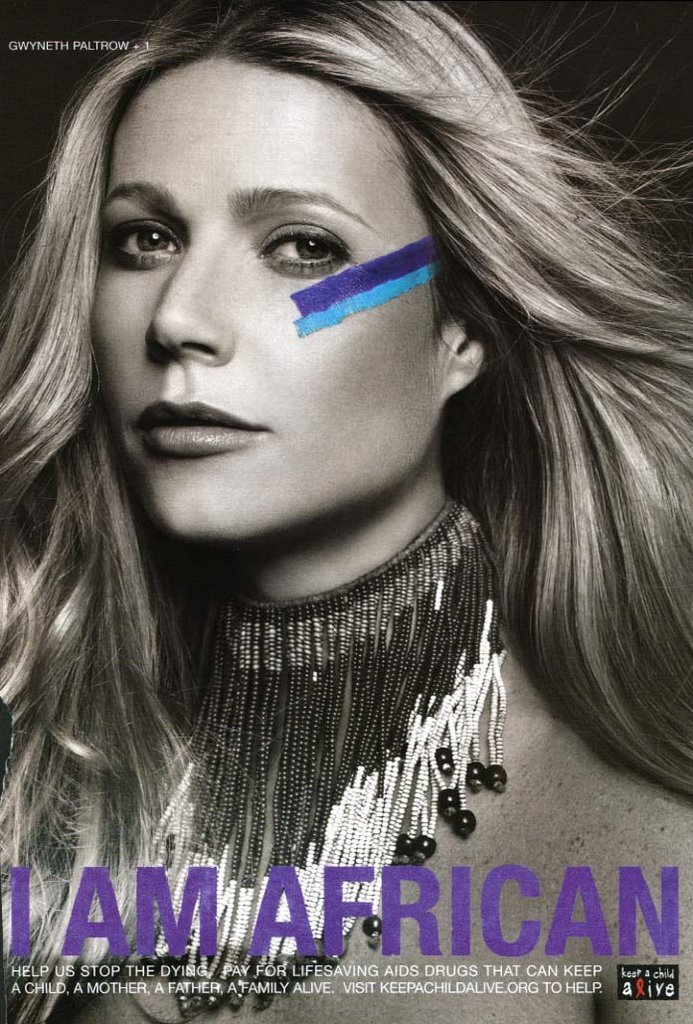While the West End has been home to the commercial runs of many successful Broadway musicals, the nonprofit National Theater in London announced a rare undertaking for its stages: a production of the new Broadway musical 'Fela!'. The show - A heart-pounding, energetic mash-up of African dance, singing and live music conceived by Bill T. Jones and Jim Lewis, the musical chronicles the life and times of the 20th century music pioneer Fela Kuti, exploring his controversial life as artist, political activist and revolutionary musicial and the origins of his signature Afrobeat style: a blend of West African rhythms, Funk and Jazz mixed with thought-provoking political messages that challenged the corrupt Nigerian dictatorship of the 1970s.
As a British-Nigerian with a childhood in Nigeria, like most, I grew up with an intimate expsoure to Fela and his legacy. I was doubtful of the Broadway caricaturization, expecting something in the realms of the Lion King, commercialized beyond the point of recognition. My initial impressions were subsumed by the raucous of the opening scene. Fela led the crowd with his hips making his entrance through the aisles amid a human locomotive of shoulder-rolling men, identifying that pelvic motion as “nyansh,” what you hear — and feel — in the bass. The audience was blown away as the band kicked in and the 20-odd members of the cast and crew took the stage, giving themselves over to spontaneous dance. The audience was welcomed into the extravagant, decadent and rebellious world of Afrobeat legend, with “Nyansh" - Afrobeat’s foundation, over which are layered elements explained in a number called “B.I.D. (Breaking It Down),” tracing the musical education of Fela from his youth in Lagos (where highlife jazz dominated) to his student days in London (where he listened to John Coltrane and Frank Sinatra).
Mr. Kuti, who died of AIDS in 1997 at 58, was the king of Afrobeat, a musky hybrid of African rhythms and American jazz and funk, and his songs — 15, 20, 40 minutes long — have coaxed many feet to the dance floor. Defiant and irreverent in politics, he also used his music and fame to denounce corruption and ridicule those he called the world’s “vagabonds in power.” That he was repeatedly jailed and beaten for his opposition only quickened his route to becoming a modern African folk hero. The onset of the interval, a respite from the music revived my initial scepticism. I scanned the crowd now awakened, electrified by the distraction of the lights, buzzing from the scantily clad dancers, risquee scenes and taboo punch lines, but no real interest in the message which had sombered me. There were no Africans or world-music aficionados, the audience knew little about Fela and the show was doing little to educate them, neither the show nor the cast, nor the venue. It suddenly felt like the symbol of an era had been hijacked, proccessed and exported to a mass audience.
As the curtains were raised for the second Act, I began to look beyond the flailing dancers and drumer's beats, beyond the saxophone faking and yeah-yeah'ing of the crowd, the booty shaking and stereotypcially bright colours. This was not the celebration of a legacy of a remarkable and controversial man who used 'music as [his] weapon'. The audience had no notion of the symbolism of his life - a life dedicated to ideals, values and passion for common humantity, and the artistic spontaneity and fusion of Afrobeat - did not really translate at all. If anything it reinforced the steretoype that West African dance is about empty (or at best, sensual) bootyshaking rather than teaching the concept of a body flowing to the beat of a drum and at the urging of spirits and ancestors and tradition. The show ended with all the dancers literally stacking coffins on the stage to symbolize their willingness to give up lives for promises of truth and freedom - in the same vein of Dr. King and words of Malcom X and Ghandi.
The leaders of the National said in interviews that they had decided to pursue 'Fela!' after seeing the Broadway prodcution because the music and choreography of the show - about the Afrobeat star, featuring dancers in the aisles of a theater decorated like a Nigerian nightclub - was unlike anything now in London. My personal recommendation is that you see this production, if not for the story, then for the performances, vibrant music and the fact that it is a spectacle that may expand your worldview. Try not to lose sight of the fact that Fela sought to be a man of revolution. This is not The Lion King. It is a story about one man's freedom struggle, in a war that still rages on the African continent.
The London production, to be staged at the National Theatre, will begin previews on November 6, 2010 with an opening night on November 16. It will be booking initially until December 4th with an option to extend.
i-Muse Educates
Fela Kuti Wikipedia
http://en.wikipedia.org/wiki/Fela_Kuti
Fela Kuti's Nigeria
http://news.bbc.co.uk/1/hi/world/africa/6924454.stm




No comments:
Post a Comment